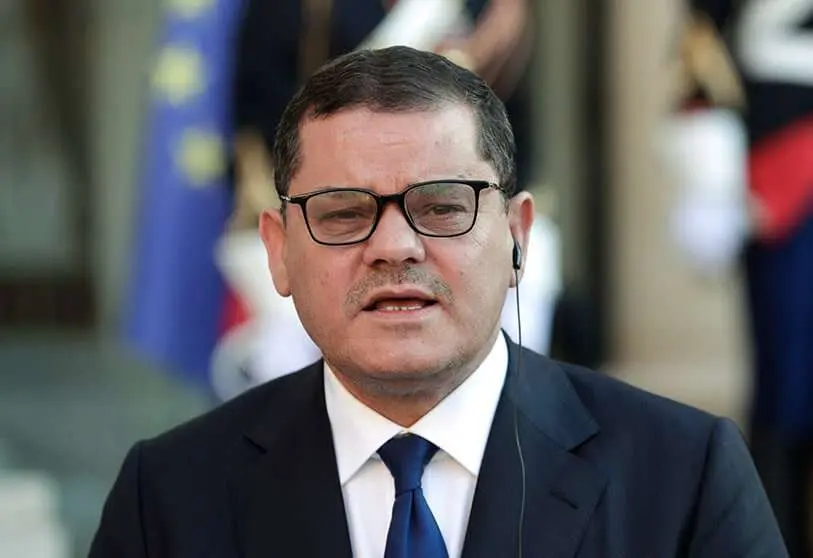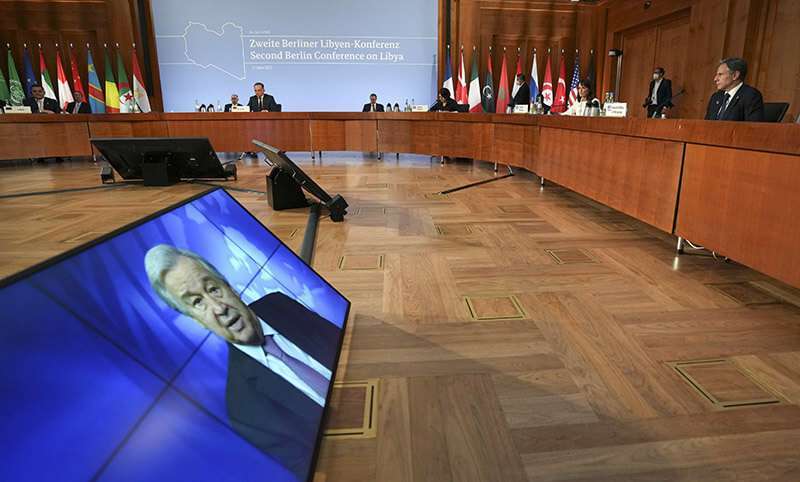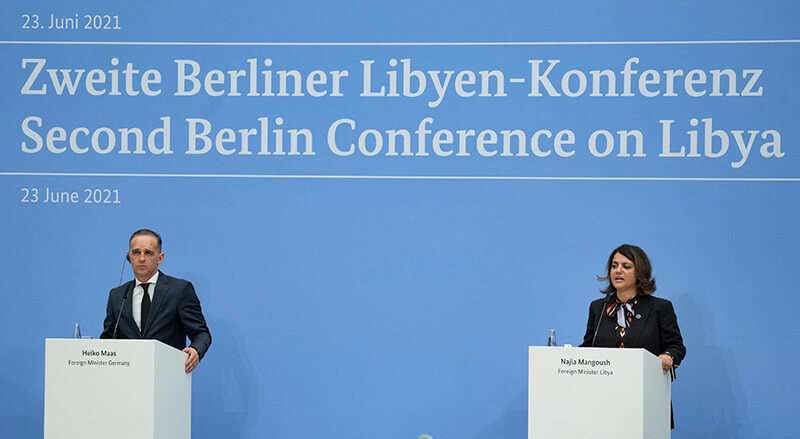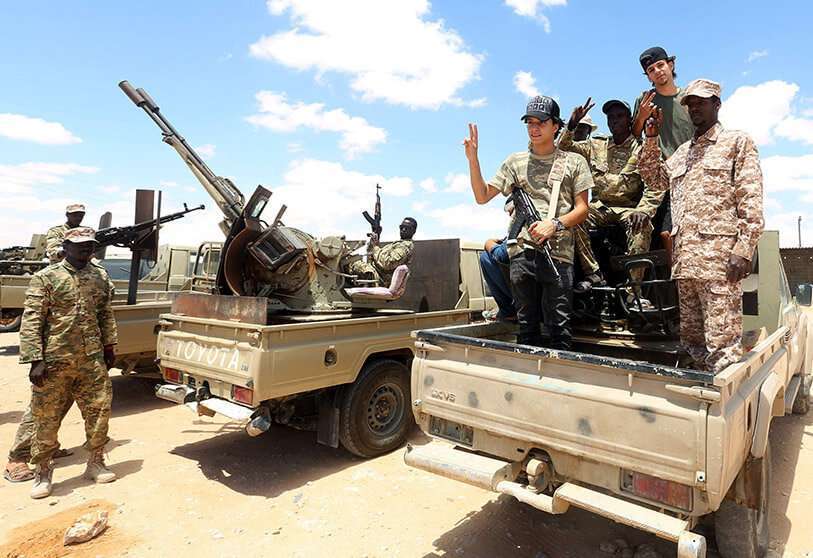The withdrawal of foreign troops in Libya is a condition for holding elections

More than a year and a half later, Germany is once again hosting the Second Berlin Conference on Libya. Among the most immediate objectives are: the withdrawal of mercenaries and foreign soldiers from the country and the establishment of a clear roadmap for the holding of elections on 24 December. The second Berlin Conference was attended by a dozen countries, including the five permanent members of the UN Security Council, as well as other states involved in the Libyan conflict, such as Italy, Turkey and the United Arab Emirates, among others.
The withdrawal of foreign forces from the country is one of the main obstacles facing the peace process in Libya. The ceasefire established last October between rival factions in the east and west of the country already required the departure of all foreign fighters and mercenaries from Libya within 90 days. The ceasefire also led to an agreement on elections in December and the formation of a transitional government that took office in February.

But the agreement to withdraw all foreign troops within 90 days last October had little effect on the ground, as no country wants to lose influence in Libya. The west of the country and around the capital are dominated by Turkish fighters, while in the east Russian military and Sudanese mercenary groups funded by the United Arab Emirates have established themselves. The 2nd Berlin Conference did not bring any great "news" for the resolution of the conflict, but it did serve to bring together all the parties involved and to emphasise the objectives and the road map to be followed by all the countries that have a presence in the North African country.
The German Foreign Minister, Heiko Maas, said that the meeting "marked a new phase" and that "we are no longer talking only about Libya, but above all with Libya". Libyan Foreign Minister Najla al-Mangoush stressed that the transitional government came "with the vision of restoring stability in our country and paving the way for free, inclusive and secure elections on 24 December".

During the conference, the various powers involved in Libya once again pledged not to interfere in the country's internal affairs and declared that foreign forces and mercenaries must withdraw "without delay". In relation to this issue of vital importance for peace in the North African country, Maas has assured that "we will not cease until the last combatant, regardless of where they come from, leaves the country". According to UN figures, last December there were still some 20,000 mercenaries and foreign soldiers in Libya.
Likewise, the holding of elections on 24 December was another of the main issues to be discussed during the conference, and without the withdrawal of foreign forces from the country it will not be possible to hold the elections. It is also necessary to establish legal mechanisms to give legitimacy to elections of vital importance for the future stability of Libya. In this regard, Libyan Prime Minister Abdul Hamid Dbeiba, during his speech at the conference, called on the Libyan Parliament to pass an electoral law to enable the December elections to be held, as well as his government's budget. "Unfortunately, we have not yet seen the necessary seriousness on the part of the legislative bodies," he said.

Russia and Turkey represent the main challenges to peace in Libya. Both countries have sent the largest number of mercenaries and foreign soldiers to the North African country. In the case of Russia, according to Efe, Moscow has sent around three thousand soldiers attached to the controversial "Wagner Group" to support the unrecognised government in the east of the country, led by Marshal Khalifa Haftar. For its part, Turkey has provided around 20,000 Syrian fighters recruited by Ankara in support of the former UN-recognised Government of National Accord (GNA), led by Fayez al-Sarraj.
While Russia denies its connection to the "Wagner Group" still operating in Libya, Turkey defends that its presence on Libyan soil is legal, in accordance with a 2019 military cooperation agreement signed between Ankara and former Libyan Prime Minister Fayez al Sarraj. After the Berlin II Conference, German Foreign Minister Heiko Maas said that there is an understanding between the Turkish and Russian sides on the withdrawal of foreign fighters, but that it will be a gradual procedure. Maas called for a "step-by-step and balanced" process of withdrawal of mercenaries and foreign soldiers in order to prevent either side from gaining an advantage on the ground.

After a decade marked by violence in Libya, the country's stability depends on the holding of free and fair elections in which all Libyans have the option of participating. These elections cannot be held if the withdrawal of mercenaries and foreign soldiers stationed in the country does not become effective. In the words of Heiko Maas himself: "Nothing is more important for peace and stability in Libya than the general elections on 24 December. This date must be respected for all that it implies and because after decades of dictatorship and conflict, Libyans want to be heard."








